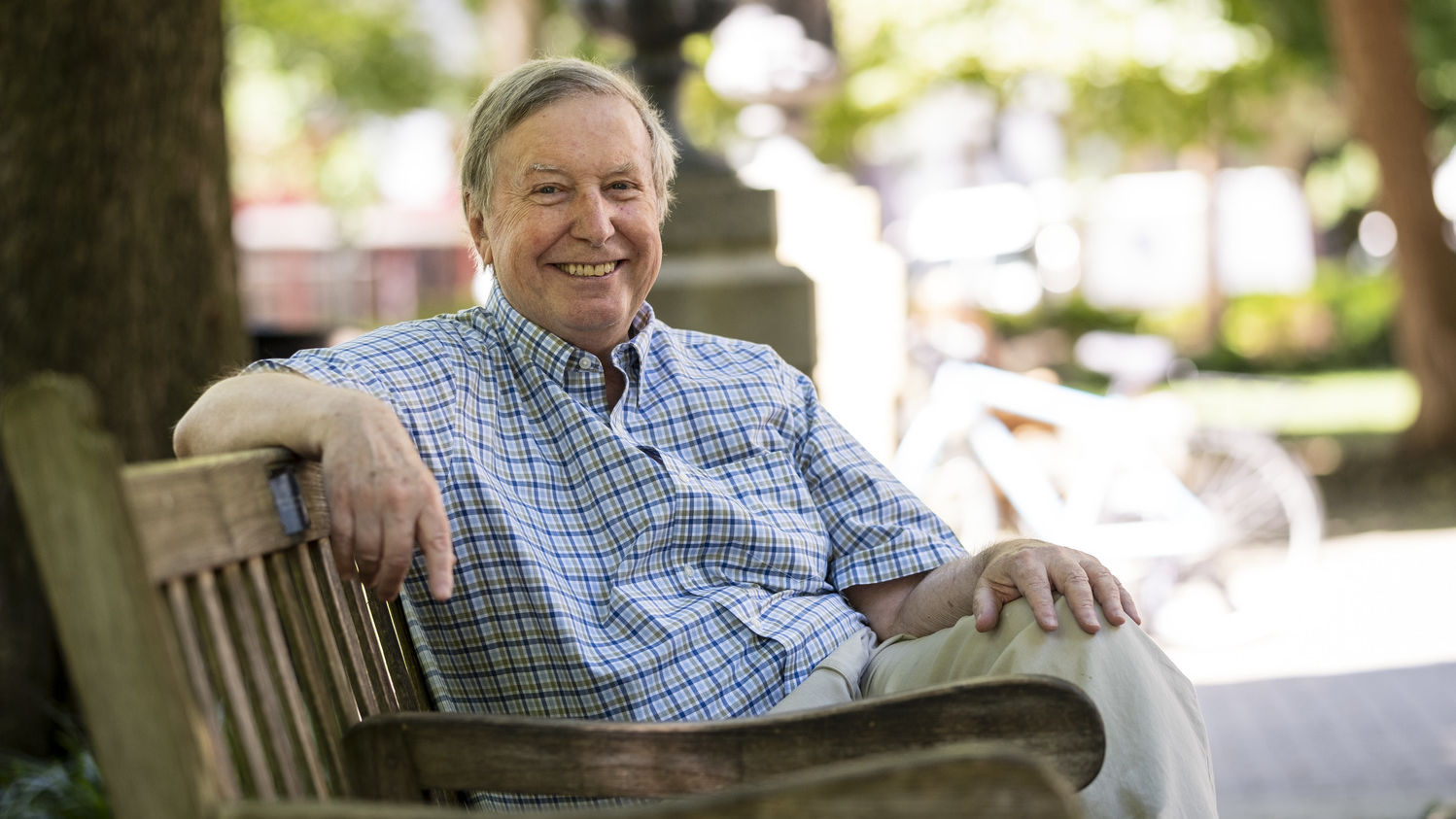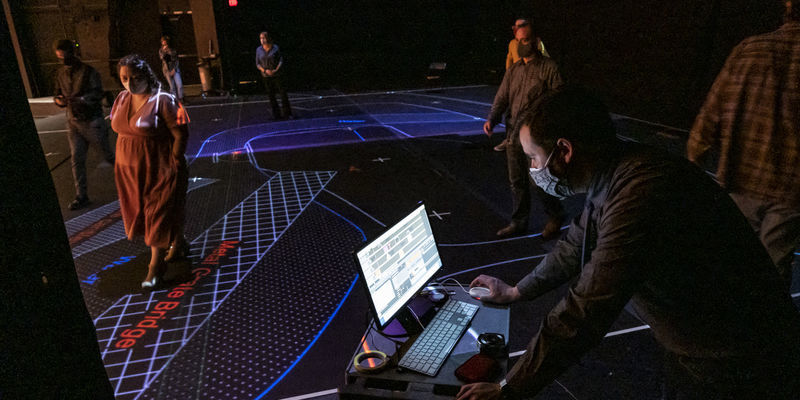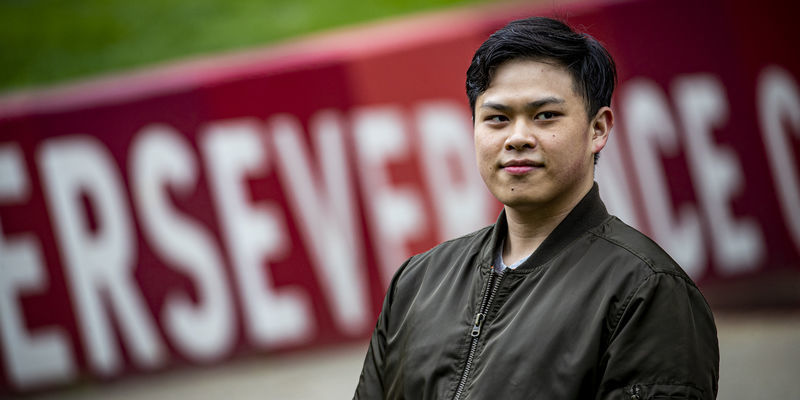Memoir of a sportswriter
A new book by Ray Didinger, KLN ’68, examines some of the most defining moments in Philly sports history.

50 YEARS AS A SPORTSWRITER. Ray Didinger, KLN ’68, began his career as a sportswriter for the Philadelphia Bulletin and The Philadelphia Daily News, earning many accolades over the years, including Pennsylvania Sportswriter of the Year (five times). His work with NFL Films has earned him six Emmy Awards, and in 1995, he was inducted into the Pro Football Hall of Fame. These days, Didinger is a talk show host on 94WIP Sports Radio and a football analyst for NBC Sports Philadelphia. He has authored or coauthored 12 books, including his latest, Finished Business: My Fifty Years of Headlines, Heroes and Heartaches, which was published earlier this year by Temple University Press.
‘FINISHED BUSINESS.’ A career retrospective, Finished Business tells the story of an intrepid reporter making a name for himself in sports journalism and all the larger-than-life athletes he meets along the way. It’s a useful historical text, taking the reader through a half-century of wins and losses (and losses … and losses) in Philly sports. It’s a great book for longtime fans looking to take a walk down memory lane. It’s also a good read for the uninitiated, those who have always heard of Vince Papale or the Broad Street Bullies but never really knew much about them. It’s Didinger’s story, but in many ways, it’s also Philadelphia’s.
FOR THE BIRDS. According to the author, Finished Business owes its existence to the Eagles’ 2017 championship win. “I honestly think if the Eagles had not won the Super Bowl, I would not have written the book. That win represented the whole notion of finished business for me. In the 50 years that I’ve written sports in Philadelphia, I’ve seen the Phillies win two World Series, covered two Flyers Stanley Cups, and a Sixers championship with Dr. J. The one thing that I hadn’t had a chance to write about was the Eagles winning the Super Bowl. So when that happened, it kind of gave the book a conclusion. It gave the book a reason to exist.”
WUNDERKIND. Didinger started reporting on Eagles games for the Philadelphia Bulletin in 1970, when he was 23 years old. He was two years out of Temple. “I was the youngest pro football beat man in America. I was way younger than everybody else. I was so out of my depth that first year. I remember the very first day that I had to go to Eagles training camp, in July. I’m in the Bulletin office and I’m gathering up my notebooks and my pens and portable typewriter, and Jack Wilson, the sports editor who hired me, walked by and said, ‘How do you feel?’ I said, ‘I’m not sure I'm ready.’ He said, ‘Get ready.’ Then he walked away. I guess what he was saying was, ‘Listen, I went way out on a limb to give you this opportunity. Don't screw it up.’ But he had confidence in me before I had confidence in myself. He opened the door for me and gave me the opportunity, and then it was up to me to make it or not.”
A TALK WITH DICK VERMEIL. When asked about his favorite interview with a sports figure, Didinger may cite his conversation with the late, great Muhammad Ali. But what’s the interview that meant the most to him on a personal level? “It was a TV interview that I did when I was working at NFL Films. It was an interview with Dick Vermeil,” the former head coach of the Eagles. In 1982, Vermeil retired from the NFL, only to return 15 years later to win a Super Bowl with the St. Louis Rams. “We were doing this interview after Dick had won the Super Bowl. He was talking about his life and the players that he coached and what they meant to him. He talked about the near-nervous breakdown that he had in Philadelphia when he worked himself around the clock. I had lived through a lot of that stuff with him, and I knew the way he was driving himself and driving the team. We all saw him getting to the end of his rope. In 1982, he said, ‘I’m burned out. I have to get away.’ When he came back after 15 years and won the Super Bowl, it was a great story. That’s the one that sticks with me. I’ve known Dick for so long and I like him so much. He’s the most decent person that I have met in 50 years in this business. It was really special and emotional. I’ll always remember that interview.”
VALIDATION AND INSPIRATION. When he enrolled at Temple in 1965, Didinger found a community of like-minded peers who fueled his passion for journalism. “I always thought there was something off with me that I wanted to be a journalist. There was nobody in my world, in my family, in my high school that had the same desire. But that first day at Temple when I walked into my first journalism class and saw a room full of people who all also wanted to do this, I said, ‘Okay, now I feel better. I’m with my people now.’ It was a validation. It was an inspiration. I had four great years at Temple. Plus, I had the opportunity to work at The Temple News, where I was sports editor my sophomore year, and to work at WRTI, where I was news director for one year and also did the broadcasts of basketball and football. I got my feet wet here in a big way. There was a lot of great work in the classrooms, but there was also a lot of great practical experience in the field. I went to real games, interviewed real people and asked real questions. I found that I really do like this and that I could get good at it.”
QUOTABLE. “Scores and statistics fade over time, but the people stay with you.”
-Dutch Godshalk


